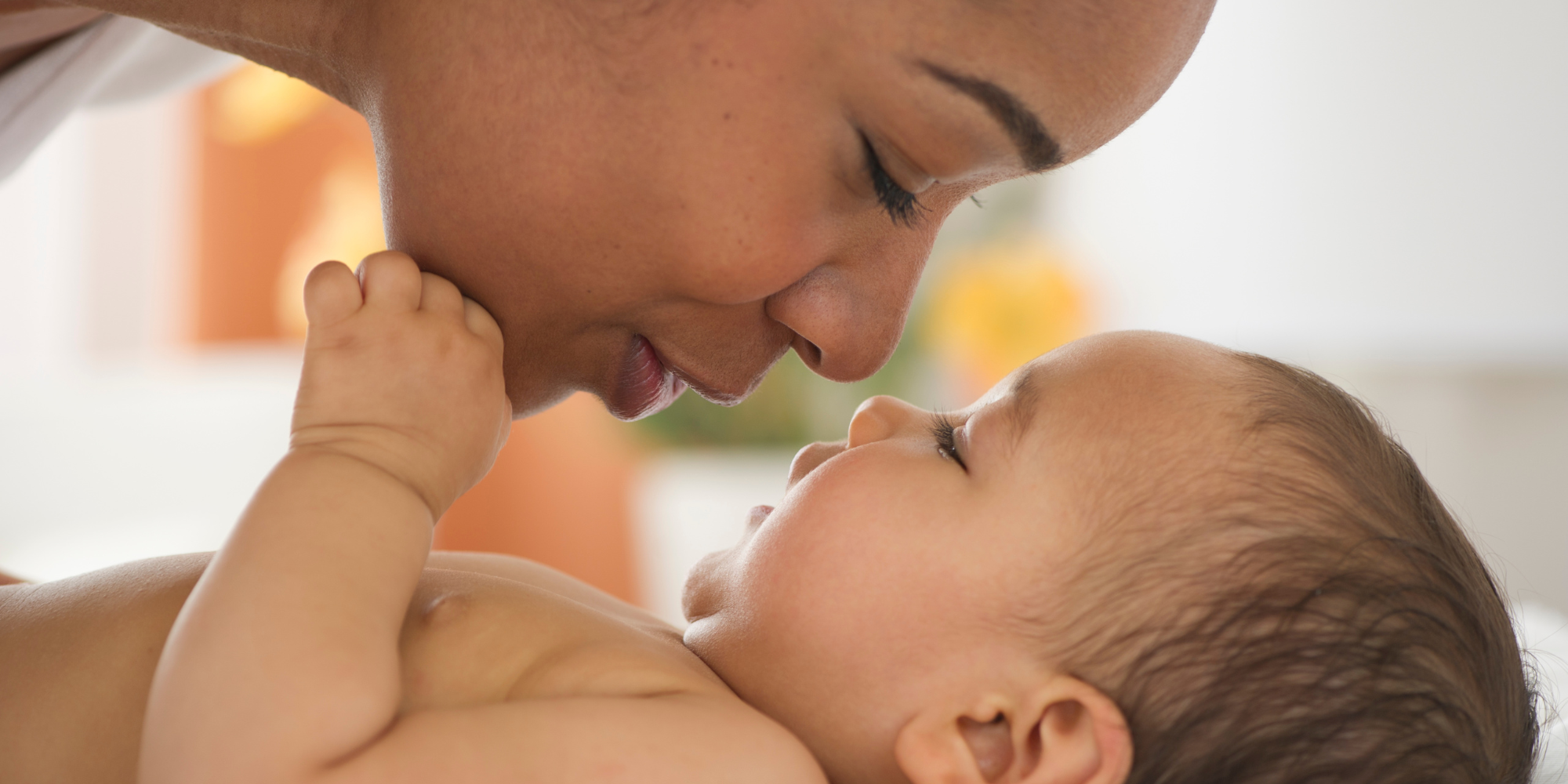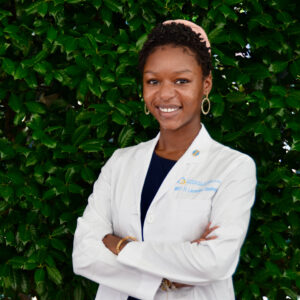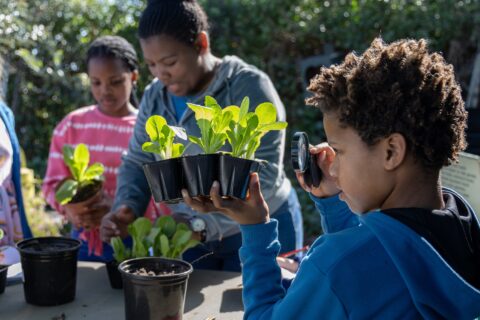Safe and secure housing is a right – not a privilege. For mothers and children experiencing homelessness, secure housing can alter the course of one’s life. A secure environment can help mothers work towards financial stability by decreasing the economic burden of paying for housing, thus freeing up resources. A secure environment for children contributes to improved educational success by decreasing the likelihood of developmental delays and poor cognitive outcomes.1 Secure housing also decreases the risks associated with homelessness, such as worsened sleep quality, increased stress levels, and increased risk of infectious disease.2
For women who are victims of domestic violence and children who witness domestic violence or are victims of abuse themselves, safe housing can make a life-changing difference. A safe environment can empower women to gain/regain control over their lives and take steps to achieve long-term self-sustainability. A safe environment can provide a space for children to thrive without fear of physical or emotional harm. Safe housing can provide a pathway to freedom, and ultimately, break the generational chain of trauma.
The following organizations provide safe and secure housing to women, children, and their families around the U.S.
With residential housing locations in 4 cities across Arizona – Phoenix, Tempe, Glendale, and Mesa – Maggie’s Place meets the needs of mothers and their infants who have experienced homelessness. Their mission is to welcome pregnant and parenting women and their children into a safe and loving community, providing life-changing programs and ongoing services to help them to become self-sufficient.
Maggie’s Place is rooted in a mother-centered approach. They aim to support women to achieve their goals long-term, not just while living in a Maggie’s Place home. They achieve this aim by continuing to offer connections through their Family Success Center, access to therapeutic service partners, and access to a Donation Closet, where families get food and household necessities. Additionally, they pride themselves on their extensive alumni network of moms who’ve previously resided in a Maggie’s Place home and offer peer support and guidance to current residents.
Maggie’s Place is seeking to strengthen its relationship with the City of Phoenix, AZ. The organization would benefit from greater recognition on a city level to expand their reach. Maggie’s Place would also benefit from increased opportunities for funding, which will allow them to continue providing a high quality of care and expand the services they currently offer.
Hope House Colorado meets the needs of parenting teen moms in Arvada, Colorado. Their mission is to empower parenting teenage moms to strive for personal and economic self-sufficiency and to understand their significance in God’s sight, resulting in a healthy future for them, and for their children. They achieve this mission through their comprehensive services and their incorporation of an Individual Growth Plan (IGP) for women living in their residential housing, which helps them incorporate healthy routines into daily life.
Hope House Colorado’s Residential Program offers safe housing to teen moms and their children who are participating in their programs and who have become homeless or are living in an unsafe environment. The 12-bedroom home meets families where there are, by providing up to a week of respite care, up to nine months of transitional housing, or up to two years of comprehensive programming.
Hope House Colorado has an established relationship with the City of Arvada that they hope to maintain and strengthen. Hope House Colorado’s Founder and Executive Director, Lisa Stevens, is involved with the city, as she sits on the Board of Directors for the Arvada Chamber of Commerce. To further broaden their reach and serve more families, the organization is interested in exploring additional funding avenues that would support housing expansion.
Located in Washington, D.C., House of Ruth empowers women, children, and families to rebuild their lives and heal from trauma, abuse, and homelessness. They provide 13 supportive housing locations for single women and mothers and their children. Along with housing, House of Ruth also offers recovery management, expert support, therapeutic childcare from 6 weeks to 5 years, and more.
House of Ruth is seeking to strengthen its relationship with the Washington, D.C. Department of Housing and Community Development. This past June, House of Ruth purchased a building intending to expand its services to offer long-term, affordable housing. They noticed that economic barriers in D.C.’s current housing market hinder families from transitioning to independent living. Through a partnership with the Department of Housing and Community Development, House of Ruth hopes to learn more about developing and managing affordable housing and gain access to funding that will support its mission.
These organizations are committed to serving women and children through love, support, and comprehensive care.
References:
- “Social Determinants of Health.” Social Determinants of Health | Healthy People 2020, https://www.healthypeople.gov/2020/topics-objectives/topic/social-determinants-health/interventions-resources.
- The Importance of Housing Affordability and Stability for Preventing and Ending Homelessness. https://www.usich.gov/resources/uploads/asset_library/Housing-Affordability-and-Stablility-Brief.pdf.









